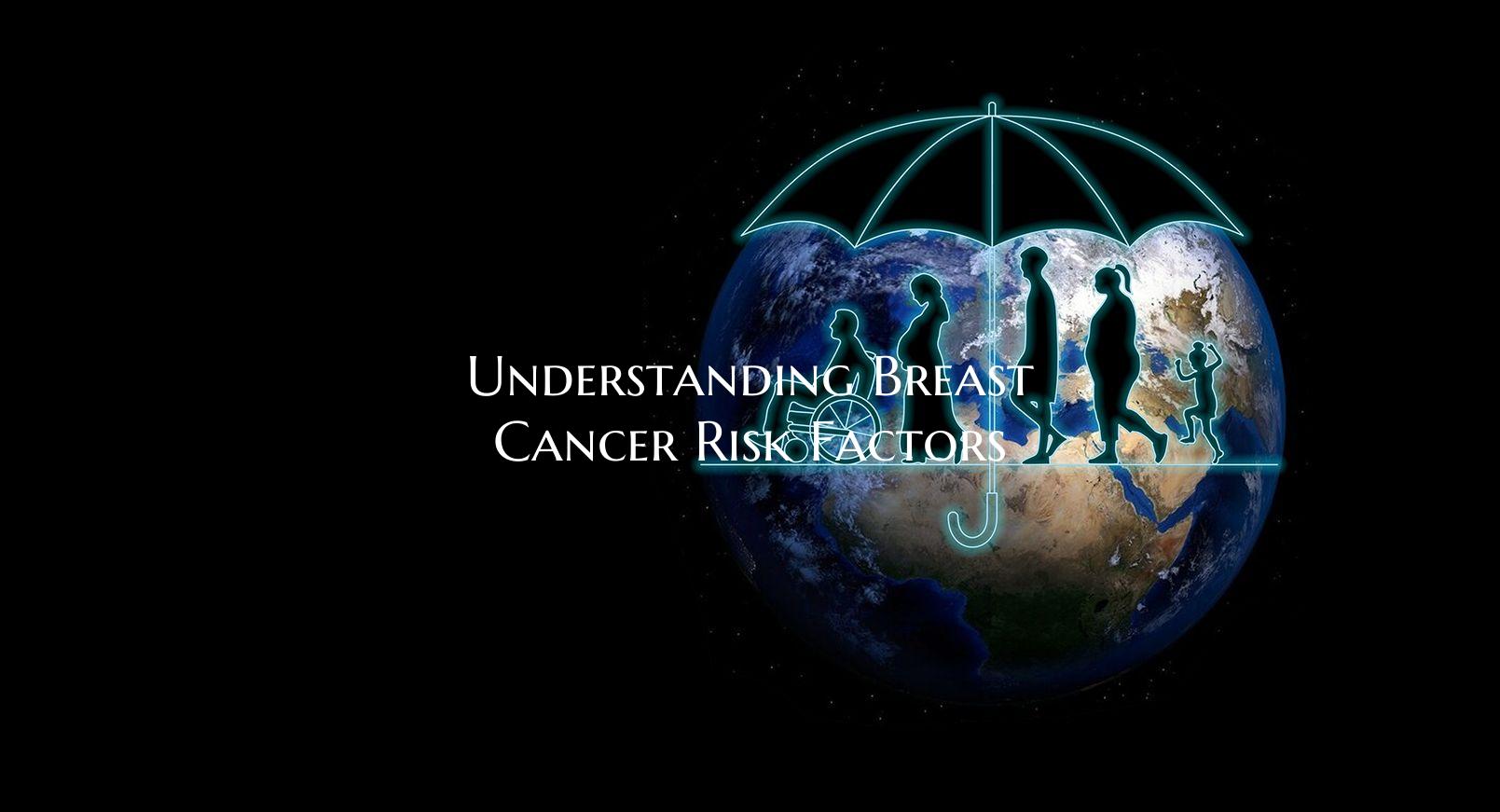
Understanding Breast Cancer Risk Factors
Understanding Breast Cancer Risk Factors
Breast cancer is a complex disease that develops due to a combination of genetic, environmental, and lifestyle factors. It is important for individuals to be aware of the various risk factors associated with the development of breast cancer in order to take necessary precautions and proactive steps towards prevention and early detection.
- Gender and Age: Being a woman and increasing age are the two primary risk factors for breast cancer. Women are at a much higher risk than men, and the likelihood of developing breast cancer increases with age.
- Family History and Genetics: A family history of breast cancer can significantly increase an individual's risk. Inherited genetic mutations, such as BRCA1 and BRCA2, also play a role in increasing susceptibility to breast cancer.
- Personal History: Individuals who have had breast cancer in one breast are at an increased risk of developing cancer in the other breast or a different part of the same breast.
- Hormone Replacement Therapy (HRT): Long-term use of hormone replacement therapy, particularly estrogen and progesterone, can slightly increase the risk of developing breast cancer.
- Reproductive Factors: Early onset of menstruation, late menopause, having your first child at an older age, or never having given birth can all contribute to an increased risk of breast cancer.
- Lifestyle Choices: Factors such as excessive alcohol consumption, a sedentary lifestyle, obesity, and a diet high in saturated fats can all contribute to an increased risk of breast cancer.
- Radiation Exposure: Previous radiation therapy to the chest area, particularly during childhood or adolescence, can increase the risk of developing breast cancer later in life.
- Environmental Factors: Exposure to certain environmental pollutants, such as BPA and pesticides, may have an impact on breast cancer risk.
Understanding these risk factors is crucial for making informed decisions regarding lifestyle choices, screening practices, and medical interventions. While some risk factors, such as gender and age, are beyond our control, there are steps individuals can take to lower their risk of developing breast cancer, such as maintaining a healthy weight, staying physically active, limiting alcohol consumption, and undergoing regular screenings and check-ups.
By staying informed and proactive in managing breast cancer risk factors, individuals can empower themselves to take charge of their health and potentially reduce their risk of developing this serious disease. Regular screenings, early detection, and lifestyle modifications can all play a significant role in the prevention and management of breast cancer.